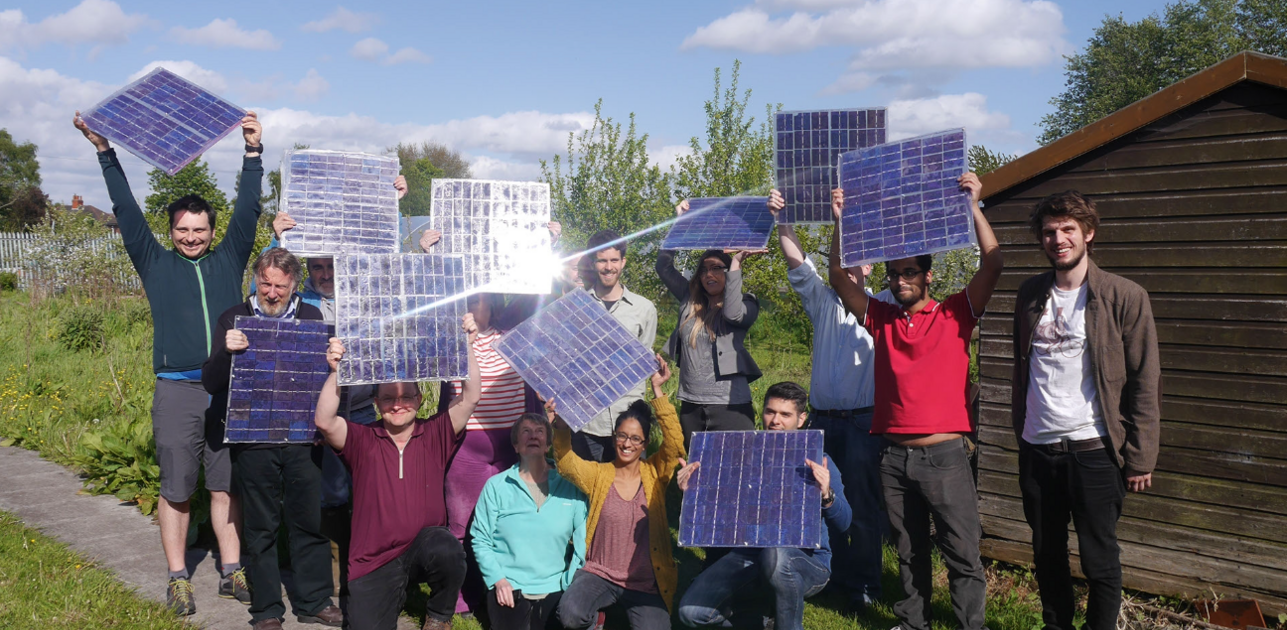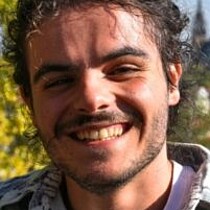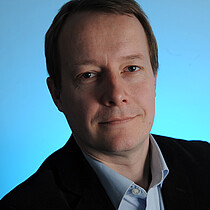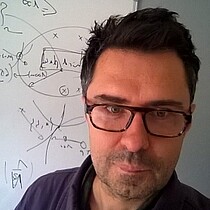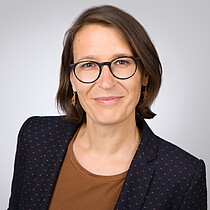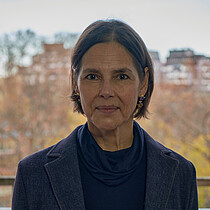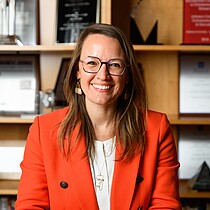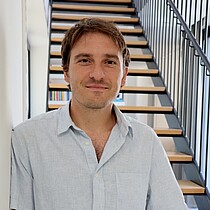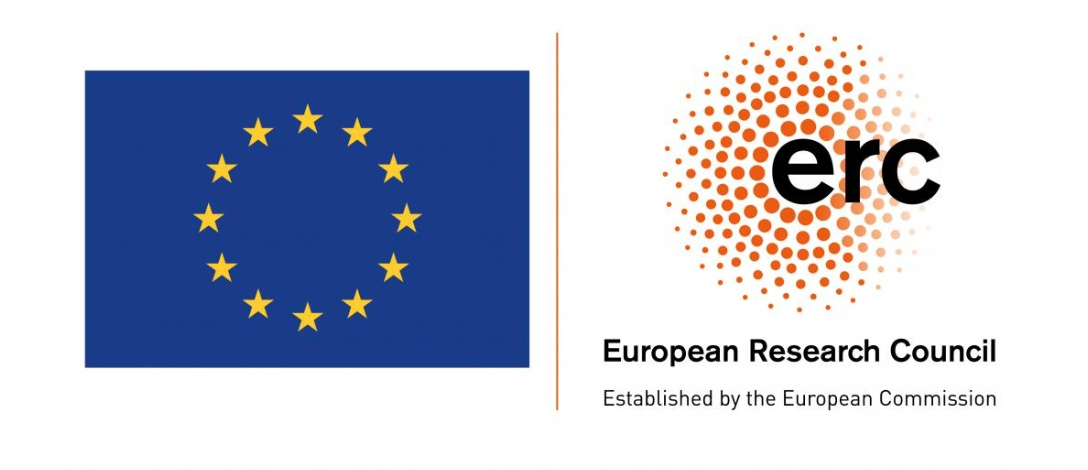Beyond markets and states, Dr Bauwens and his team learned that communities are the third institutional pillar supporting societies. A pillar that has been weakened over the decades.
It’s known that vibrant communities are essential to the cohesion of the social fabric. And communities play a crucial role in how society transformations towards sustainability. Take Germany, for example; over 40% of the total installed renewable energy capacity is owned by citizens and communities. This in comparison to a mere 6% by large corporations.
Across Europe, over 10,500 energy communities involve more than 2 million citizens. Over 2,500 community repair initiatives around the world involve about 35,000 volunteers, who are estimated to repair more than 45,000 items per month. Knowing this, how do we unlock the full potential of communities in these sustainability transformations?
Community enterprises hold the key. CEs are organisations which are collectively founded, owned and controlled by the members of a local community. Typically, these enterprises pursue economic, social, environmental and political goals. Some examples:
- renewable energy cooperatives
- community repair initiatives
- community car-sharing clubs
The conditions for CEs to foster sustainability locally have already been extensively studied. So then, the big question remains: how can CEs scale their societal impact beyond the local landscape to achieve wider transformative change?
The primary research question of the project is: what are the mechanisms through which CEs scale their societal impact to unlock their full potential in sustainability transformations?
This question is broken down into different research sub-questions:
- What explanation do we have about the differences in the types and success of scaling strategies for different CEs?
- How do CEs collectively manage diverse organisational goals (financial viability, social cohesion, environmental action…) and institutional logic as they scale?
- What are the roles of organisational legitimacy and community entrepreneurs’ skills and mindsets in mobilising resources for scaling CEs?
- What are the roles of social networks when it comes to the scaling dynamics of CEs?
By studying CEs that have achieved varying levels of scaling, SCENSUS aims to develop a multi-level, unified theory of the mechanisms by which CEs can scale their societal impacts, through a four-pronged approach:
- Strategies: Analyse the determinants of the types and success of scaling strategies used by different forms of CEs.
- Logics: Investigate the institutional complexity arising as CEs scale as well as the collective managing mechanisms to address it.
- Resources: Identify and understand the conditions, factors and outcomes of legitimacy-building strategies used by CEs, to mobilise the resources and support from key stakeholders necessary for scaling impact, as well as the roles of community entrepreneurs’ ability and willingness to scale in these processes.
- Networks: Analyse the roles of bonding and bridging social networks in scaling processes to understand how network structures and compositions influence the types and success of scaling attained by CEs.
In Germany, France, the Netherlands and the UK, the SCENSUS programme studies three forms of CEs in key sustainability fields:
- renewable energy
- the circular economy
- car-sharing
SCENSUS develops and tests a multi-method, longitudinal research design. This combines large-N statistical analysis, social network analysis and qualitative comparative case studies.
Below, figure 1 presents SCENSUS’ guiding theoretical framework. It is hypothesised that the successful scaling of CEs is critically explained by:
- CEs’ capacity to effectively organize collective mechanisms, such as umbrella organizations, to manage institutional complexity.
- CEs’ capacity to mobilize resource and create legitimacy.
- The reinforcement of bonding and bridging social networks in scaling dynamics.
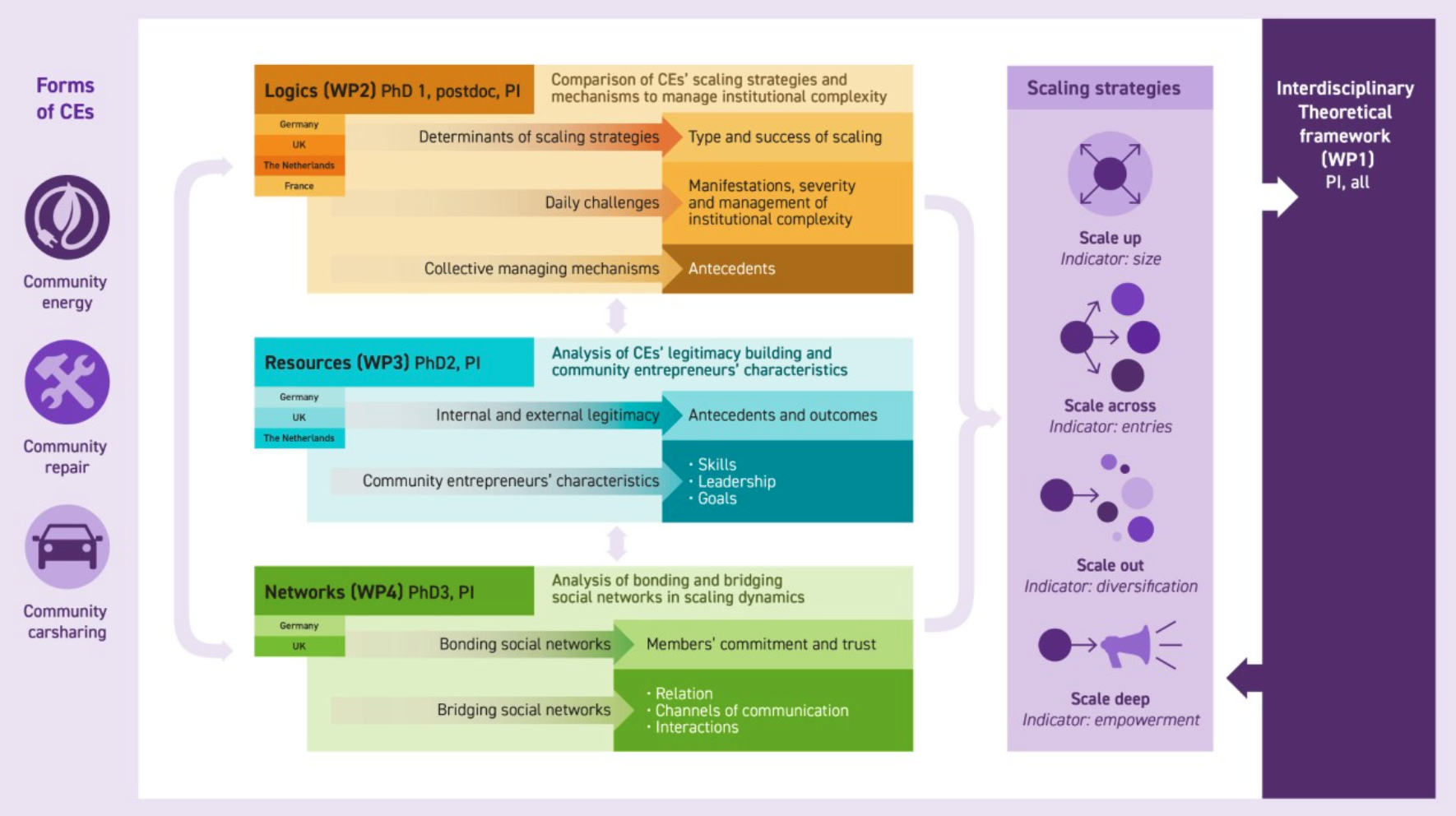
-
Punt, M., Bauwens, T., Frenken, K., Holstenkamp, L. (2022). “Institutional relatedness and the emergence of renewable energy cooperatives in German districts”, Regional Studies, 56 (4). https://doi.org/10.1080/00343404.2021.1890708
-
Bauwens, T., Vaskelainen, T., Frenken, K. (2022). “Conceptualising institutional complexity in the upscaling of community enterprises: Lessons from renewable energy and carsharing”, Environmental Innovation and Societal Transition, 42, pp. 138-151. https://doi.org/10.1016/j.eist.2021.12.007
-
Bauwens, T., Huybrechts, B. & Dufays, F. (2020). “Understanding the Diverse Scaling Strategies of Social Enterprises as Hybrid Organizations: the Case of Renewable Energy Cooperatives”, Organization & Environment, 33 (2), pp.195-219. https://doi.org/10.1177/1086026619837126
-
Bauwens, T. (2019). “Analyzing the determinants of investments by community renewable energy members: findings and policy implications from Flanders”, Energy Policy, 129, pp. 841-852. https://doi.org/10.1016/j.enpol.2019.02.067
-
Bauwens, T., Gotchev, B. & Holstenkamp, L. (2016). “What Drives the Development of Community Energy in Europe? The Case of Wind Power Cooperatives”, Energy Research & Social Science, 13, pp. 136-47. https://doi.org/10.1016/j.erss.2015.12.016
